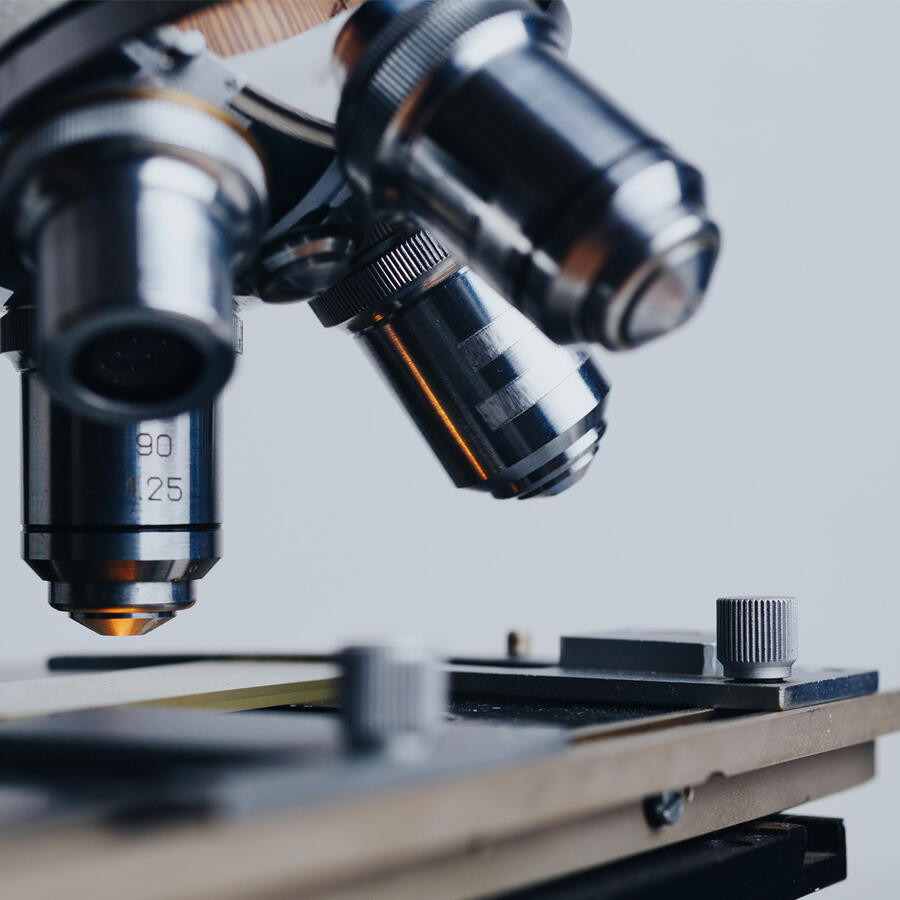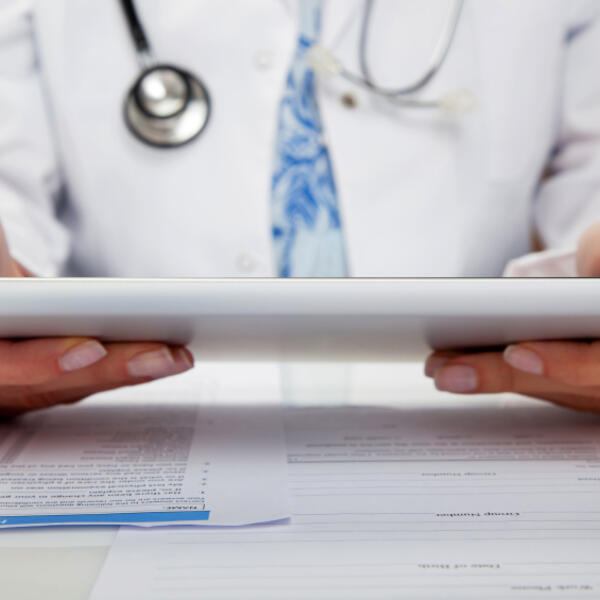Releases
WADA provides update regarding status of Seibersdorf Laboratory

The World Anti-Doping Agency (WADA) announces that its Laboratory Expert Advisory Group (Lab EAG) has recommended not to impose an Analytical Testing Restriction (ATR) against the Seibersdorf Labor GmbH Doping Control Laboratory (Laboratory), in Austria, limited to the application of the Gas Chromatography/Combustion/Isotope Ratio Mass Spectrometry (GC/C/IRMS) method.
Instead, following a thorough review, the Lab EAG has recommended that a public notification be made of the Laboratory’s non-conformity, as well as informing stakeholders of its satisfactory resolution through the implementation of adequate preventive and corrective actions.
On 14 February 2025, the Laboratory self-reported a non-compliance related to the GC/C/IRMS to WADA. In accordance with the International Standard for Laboratories (ISL), the Laboratory immediately ceased the application of the GC/C/IRMS method and informed its clients.
Within a few weeks of the self-reported non-compliance, the Laboratory provided WADA the report of their completed investigation. The Laboratory’s investigation report identified the cause of the non-conformity; described the preventive and corrective actions implemented to avoid a recurrence; and included a report attesting to the fitness-for-purpose of its GC/C/IRMS procedure following an on-site audit of the method’s validation report and standard operating procedure conducted by an independent external expert.
As a result, the Lab EAG ultimately confirmed that the Laboratory could resume application of the GC/C/IRMS method. WADA’s Executive Committee was informed of this recommendation prior to its 28 March 2025 meeting.
In accordance with the ISL, WADA is responsible for accrediting and re-accrediting anti-doping laboratories, thereby ensuring that they maintain the highest quality standards. This monitoring process is conducted in conjunction with the assessment of laboratory compliance with the international standard ISO/IEC 17025 by independent national accreditation bodies, which are full members of the International Laboratory Accreditation Cooperation (ILAC) and signatories to the ILAC Mutual Recognition Agreement.

